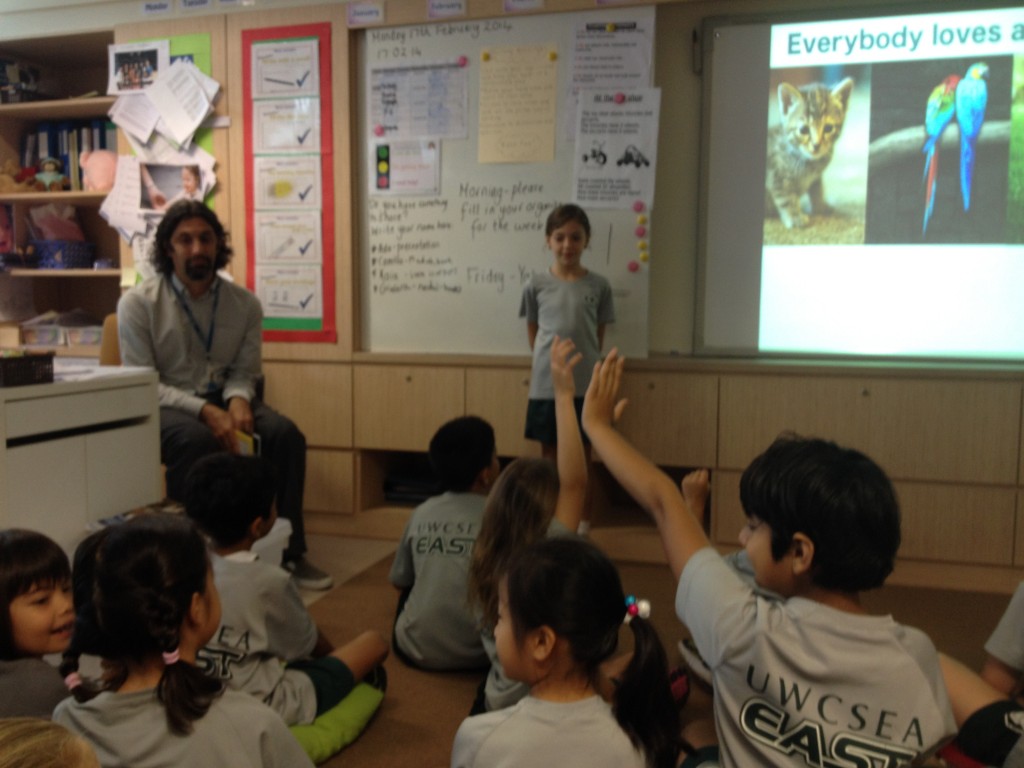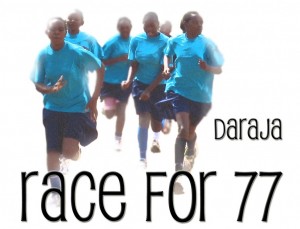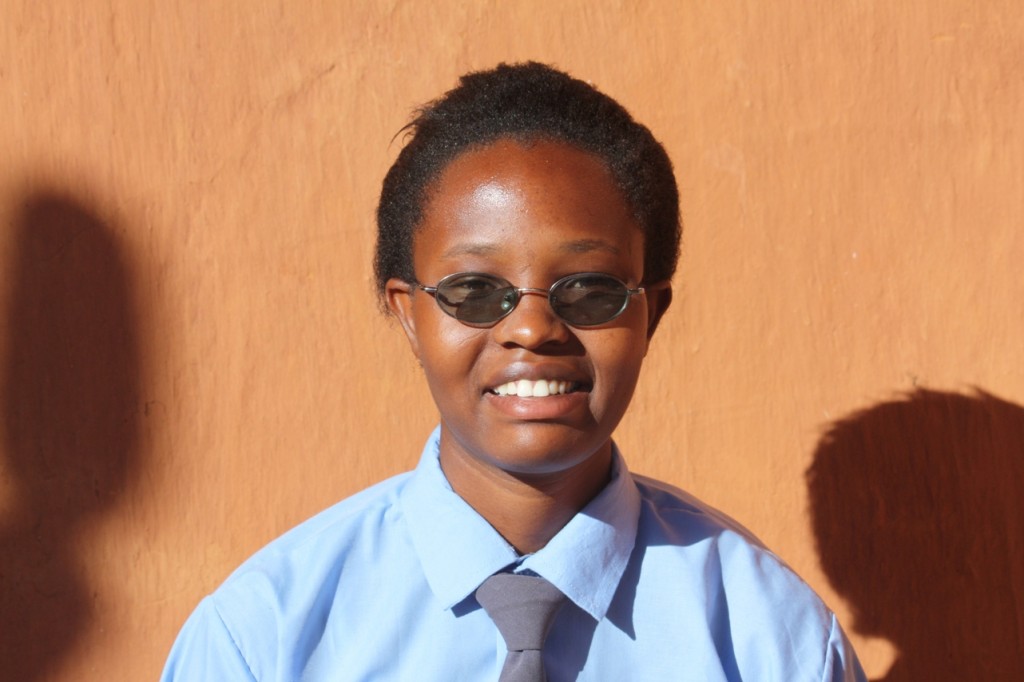A few years ago I was scared of my thoughts. More accurately, I was afraid of how people would react to my thoughts, my ideas, my values. Maybe it was because I was living in a conservative country and working at a conservative school. Or maybe it was because my values, at the time, were still forged in anger and seeped in rage. I was driven by an obstinate defiance. I was always pushing back against existing hypocrisies, instead of standing for anything on its own merits. There was little wisdom to my beliefs. Even less understanding. Whatever, the case I was constantly anxious about what I said, what I shared and what I wrote. I was scared of my thoughts.
But recently, things feel different. Not only do I not feel scared, I feel that my ideas are valued and even celebrated. This acceptance and sharing of diverse thinking is a testament to a healthy learning environment. The fact that all members of our community feel valued enough to share their ideas no matter how different from the status quo is what makes UWCSEA East such an amazing place to work.
Let me tell you a bit about my last few days. Last week, I was part of a Share Your Beliefs session with our current grade elevens, as part of their TOK (Theory of Knowledge) exploration of faith. It looked a bit like this:
Your role is in session 1; when you be based in a single classroom and you will have three sets of some 13 students come your way; one set at 8.30am, one at 9.00am and one at 9.30am. The students are all mixing up for each session, so all will hear from you and two different people; in all cases students hear from an atheist and two people of different faiths. We have several speakers from outside school coming too.
The aim is for you to share with students your beliefs, and to have a short discussion/debate with them. This will then form a solid platform for later analysis and comparison.
The following faiths were represented:
Christianity
Sikhism
Buddhism
Reikei
Baha’i
Hinduism
Atheism
This is the second year in a row that I have been able to talk about my unique melange of Zen inspired spiritual atheism with a group of young people. I spoke about how my Buddhist principals have shaped my ethical and moral choices when it comes to teaching, parenting, and being an active and thoughtful member of the human race. I pulled no punches and spoke about my animosity and disdain for organized religion based on the effects of Islam on my country of birth, Iran. I spoke about how a belief in a patriarchal omniscient deity just doesn’t jive with how I view the natural world.
In short, I was able to have a very open and frank conversation with a group of young people about who I am and what I believe, without fear of reprisal from an angry community member, because by making this sharing of ideas possible, UWCSEA is telling students and parents that we value a range of ideas. We are saying that no one idea is correct or carries any more weight then any other. We are free to hold our unique beliefs, but we must be open to the idea that others may disagree. This melting pot of ideas may seem obvious to anyone who has studied or worked in a progressive environment, but I think we all know that open-minded is not always the case especially when it comes to religious matters.
Second story– My daughter is in grade two and their current unit of study is about food and where it comes from. They were recently visited by Cowboy James, who spoke to them about his experience on a dairy farm and growing up in rural Canada. (BTW Cowboy James is our head of school) Kaia was curious and excited to hear about this process. At home we began to talk about my current decision to become vegan. Our entire family is vegetarian, but the vegan thing is new. It was great to watch Kaia negotiate her understanding of our family’s choices in the light of Cowboy Jame’s message and what I was telling her about food choices.
After our family chat, we thought that it would be great for Kaia her share some of her thoughts from our conversation with her class. So today, Kaia and I gave a 25 minute presentation, which we prepared yesterday, to her class about why our family chooses not to eat animals. It was great. She helped brainstorm the slides, find the pictures and got up in front of her class and shared her thoughts, with just a little help from me.
 “We simply love all animals like our pets and don’t want to eat any of them.”
“We simply love all animals like our pets and don’t want to eat any of them.”
If you are keeping score– Atheist, Vegan, long haired, bearded and tattooed! It may not seem like much to you, but this is the first time in my career where I feel at home where I work. The first time I feel I can be my compete self. I think a school with such freedom of ideas should be celebrated and upheld as a model for effective learning communities everywhere. I cannot imagine having opportunities like the ones I just described in too many American schools. It is precisely because of this celebrated diversity that I work internationally. I also love the cross pollination of ideas between ages groups and school divisions.
Third Story– Some students in my grade seven BTC (Be The Change) class are working on an action project about labor rights and treatment of migrant workers here in Singapore. As luck would have it, our grade nines recently did extensive work on the topic with TWC2. So they were perfect mentors for my middle school kids. I quickly sent an email to former students and all week, I have had several grade nine students work with the grade seven students as secondary sources and sounding boards. It has been a fantastic opportunity for both groups.
In closing, I wanted to share my gratitude to finally work at a school that puts its money where its mouth is. The examples I shared are just a few episodes that happened to me this week. I am sure there are many such expereinces happening everyday, everywhere in our school. So often we get so lost in the bureaucracy of school administration that we forget how powerful a school should be.
UWCSEA is a special place not only because I can share my quirky liberal values, but because I am sure that my daughter is the recipient of a plethora of conflicting ideas as well.
Final note– I am excited because I can write about my ideas without the fear that an administrator might “find me out.” Instead, I will email this post to our leadership team confident that they too will be proud of the community we are building here at East.
How does your school work? Do you have open channels for an exchange of ideas? Are you doing anything to promote cross-divisional sharing and learning? If so what are you doing? What are some frustrations that you face being yourself?






